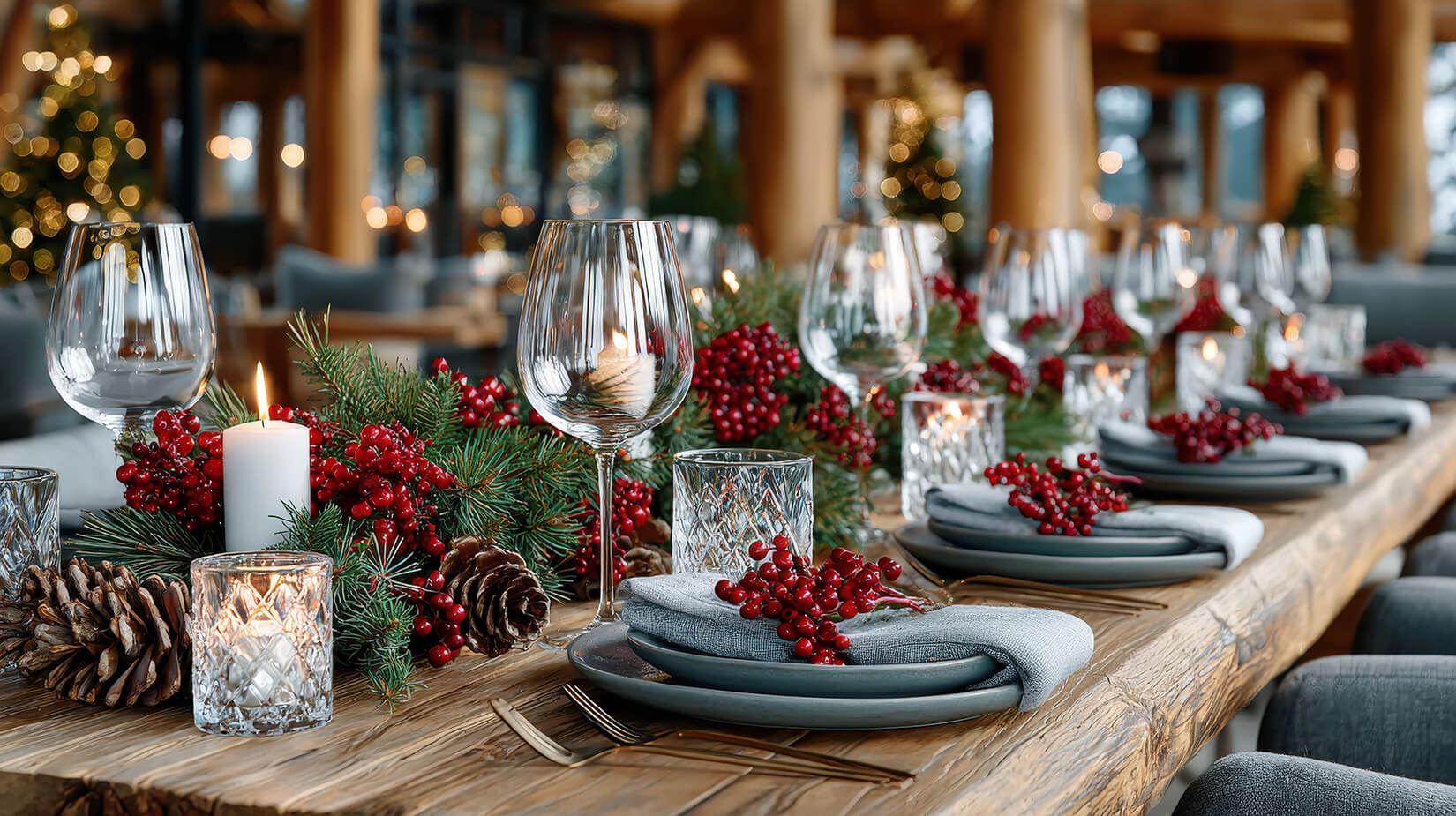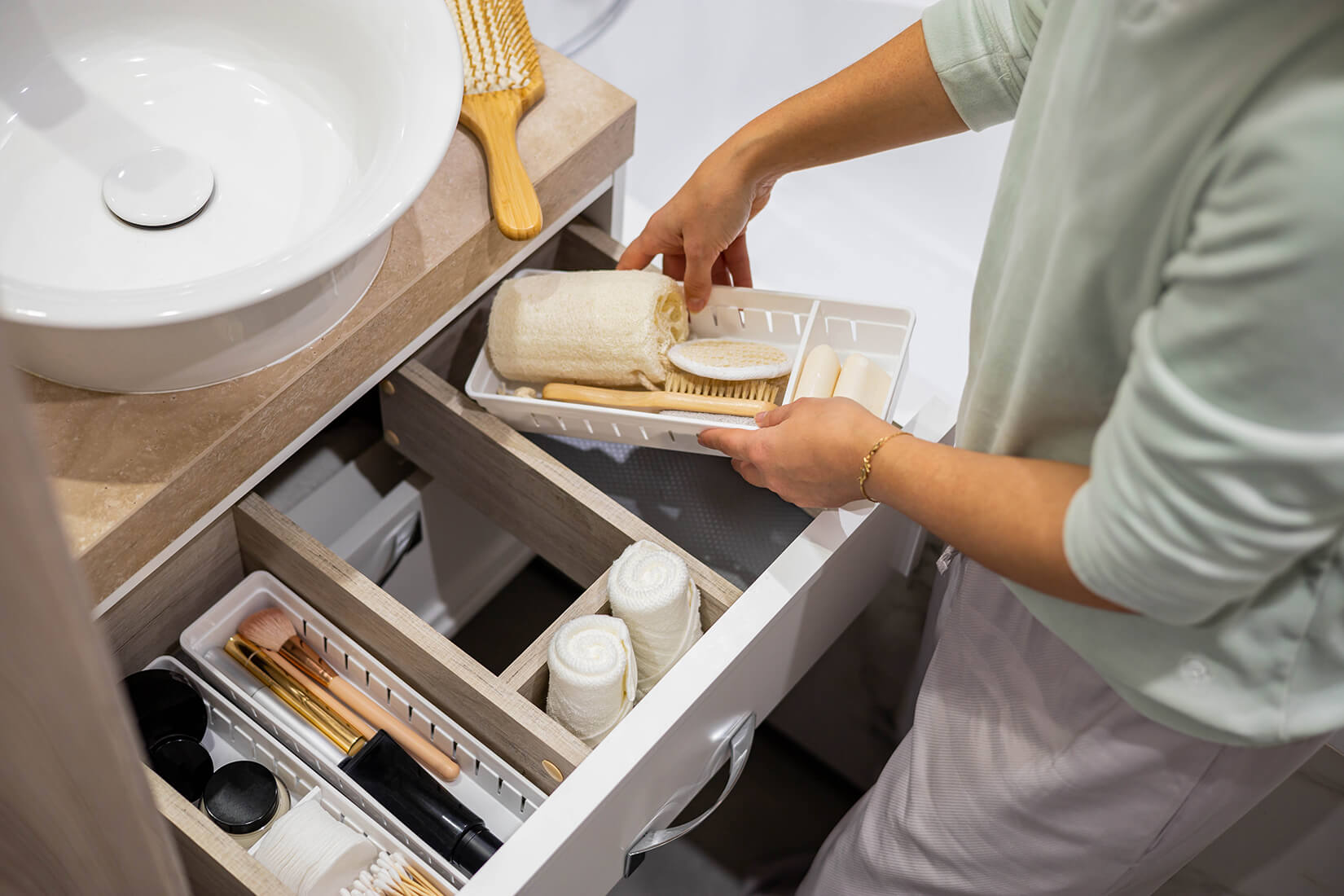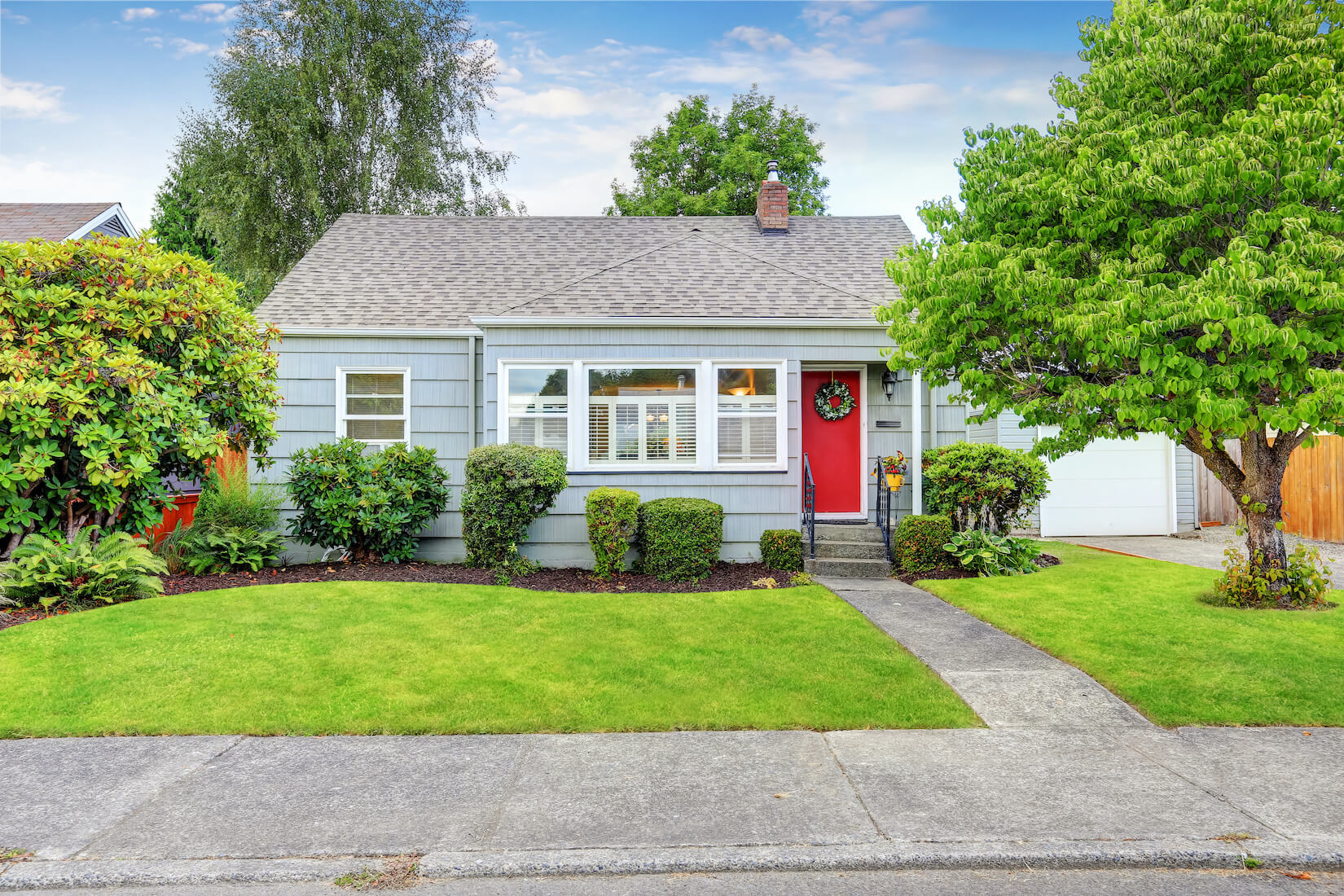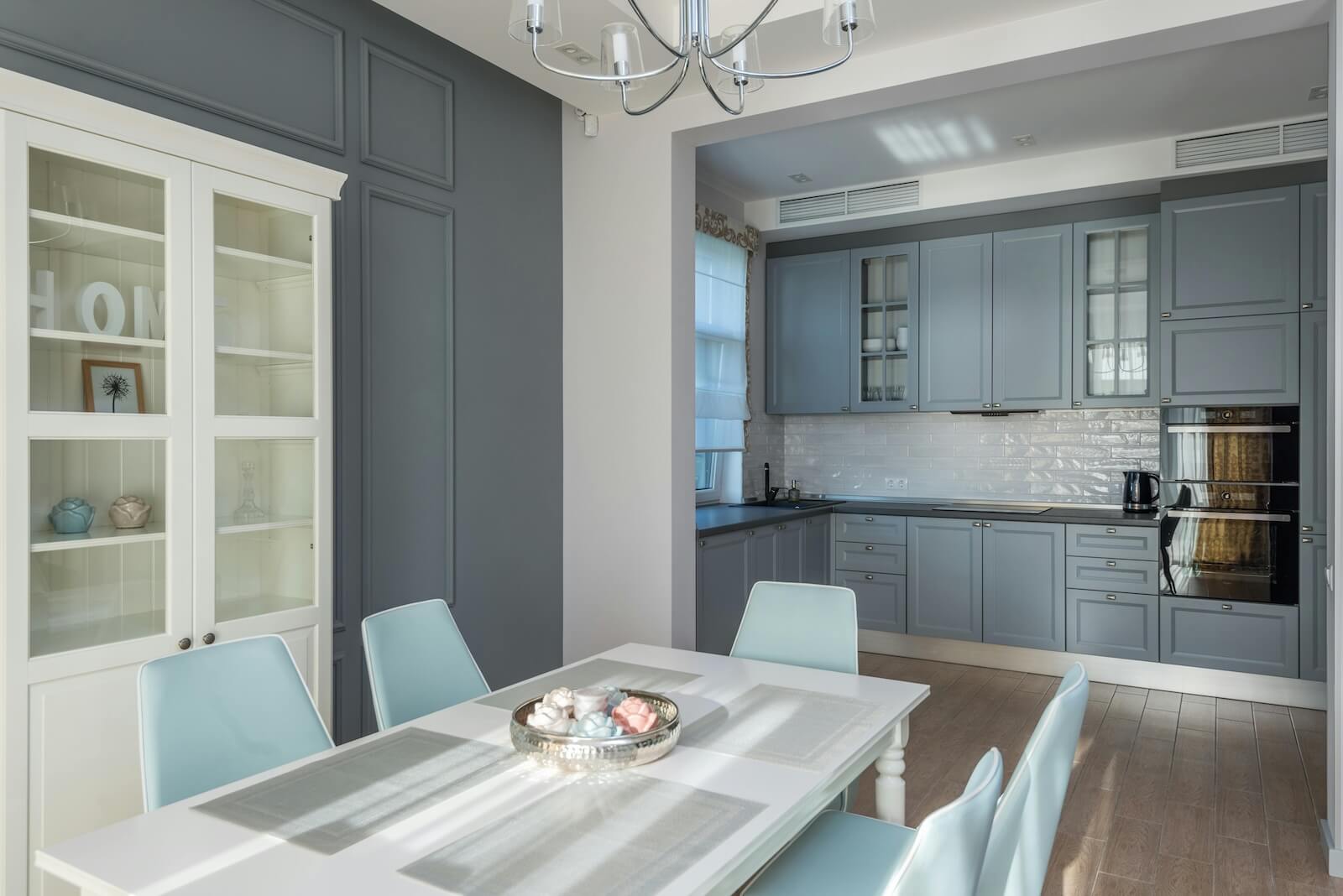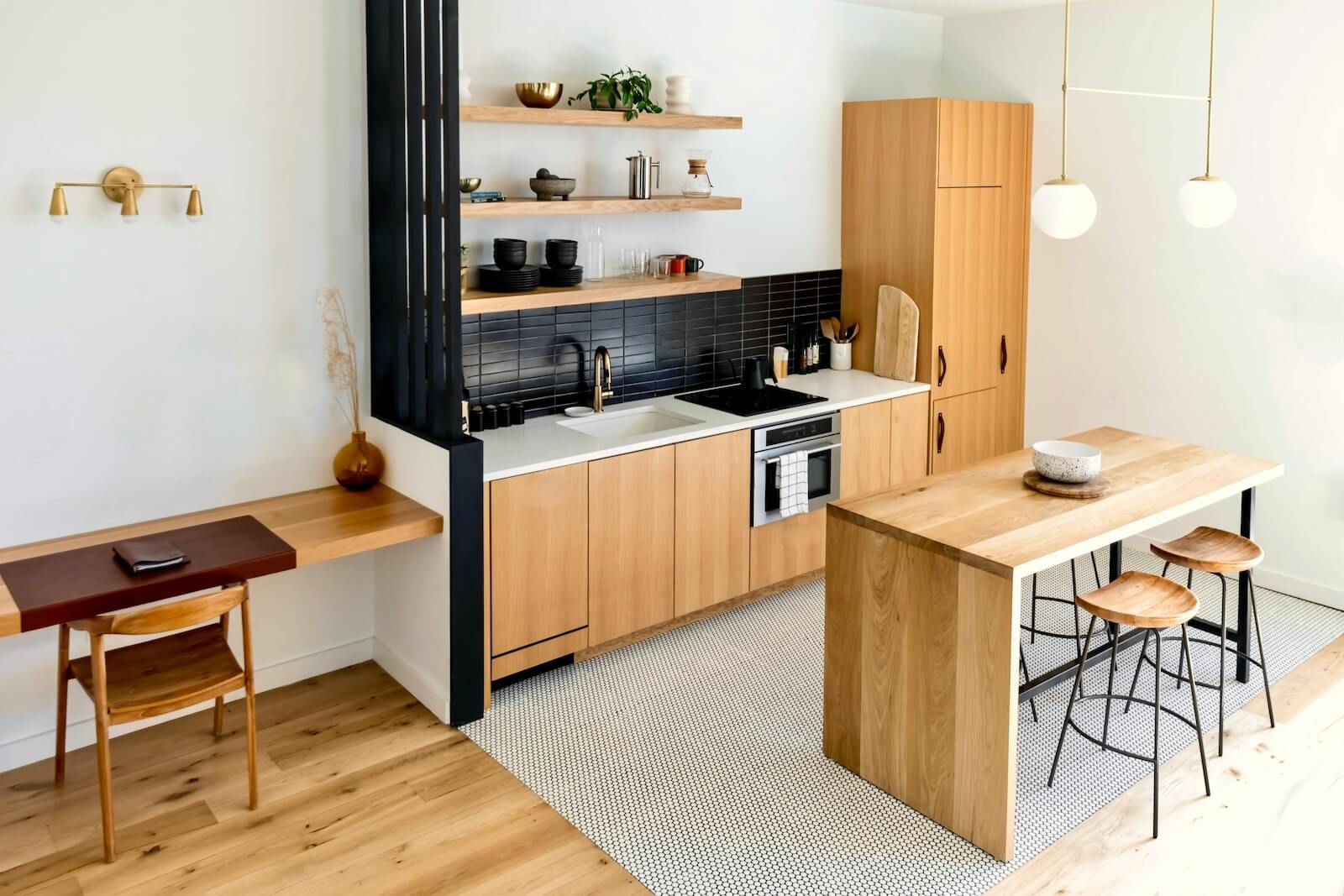The holidays are full of warmth, good food, and happy chaos. But if you’re the one hosting, they can also bring a mix of excitement and maybe a bit of mild panic. Between meal prep, cleaning, decorating, and accommodating guests, the joy of the season can quickly get buried under clutter and stress.
Here’s the good news: holiday hosting doesn’t have to be overwhelming. With the right systems in place, your home can run smoothly, your guests will feel welcome, and you might actually get to sit down and enjoy that second slice of pie.
At Clutterless Home Solutions, we know a thing or two about helping families find calm in the chaos. These are seven strategies professional organizers use to keep the holidays organized, peaceful, and (mostly) stress-free.
1. Start with a Holiday Prep Plan, Not Panic
Before you start stringing lights or deep-cleaning your oven, take ten minutes to make a simple plan. Write down what events you’re hosting, who’s coming, and what spaces need attention. This keeps you focused and helps prevent the last-minute scramble.
A quick way to prioritize:
- Focus on common areas like the kitchen, dining space, and guest bathroom first.
- Identify what actually needs doing, and what you can skip this year.
- Schedule your prep days like appointments so they don’t get pushed aside.
2. Declutter Before You Decorate
Holiday decor has a way of multiplying over the years. Before adding more to your space, take a few minutes to declutter what’s already there. Clear off counters, coffee tables, and entryways so your seasonal touches can shine.
Ask yourself:
- Do I still love this decoration?
- Is it in good condition?
- Does it fit my space or style now?
Decluttering before you decorate makes your home feel lighter, and it creates room for the things that make the holidays feel special, not chaotic. Plus, it’s much easier to clean and entertain when surfaces are clear and everything has a home.
3. Create Zones That Work for You and Your Guests
One of the secrets professional organizers swear by is zoning, assigning a specific purpose to each area of your home. During the holidays, this principle keeps your space functional and reduces traffic jams.
Try setting up:
- A beverage station away from the kitchen work zone, stocked with glasses, napkins, and ice.
- A snack or appetizer zone in the living room so guests don’t hover while you’re cooking.
- A coat and shoe station near the entryway to keep clutter from spreading.
When every item and activity has a “home,” guests intuitively know where things go, meaning fewer interruptions and less mess for you to manage.
4. Simplify the Table and Serving Setup
Hosting a beautiful meal doesn’t have to mean juggling ten serving platters and an overflowing table. Professional organizers know that simplicity equals calm, so go for intentional over intricate.
- Use neutral serving pieces that mix and match easily.
- Pre-label dishes for buffet-style meals so guests know what’s what.
- Set the table the day before to save time (and headspace).
Add a few simple touches like greenery, candles, or cloth napkins for a festive, cozy feel. Don’t feel the need for an elaborate centerpiece that blocks conversation.
5. Design a Guest-Ready Bathroom
If your guest bathroom doubles as the everyday family bathroom, this area can get overlooked in the rush. A clean, stocked bathroom instantly makes your guests feel comfortable.
Here’s what to check before they arrive:
- Fresh hand towels
- Plenty of toilet paper (in an easy-to-see spot!)
- Soap, tissues, and an air freshener
- A small basket with extra toiletries like toothpaste, floss, and lotion
Keep décor simple and surfaces clear so everything feels fresh and functional. It’s a five-minute touch that goes a long way toward keeping your home guest-ready.
6. Build in Buffer Time (a.k.a. The Organizer’s Secret Weapon)
Here’s a truth professionals live by: you can’t organize chaos at full speed. Give yourself breathing room in your schedule so you can handle surprises without feeling frazzled.
Instead of planning every minute, block out time before and after each big event:
- An hour before guests arrive, reset and relax.
- A quick cleanup window after each meal or party.
- A “no plans” day during the holidays to rest and recharge.
That breathing space helps you stay flexible when the unexpected happens (and it always does). Your guests will feel the difference, too. They’ll sense your calm energy and mirror it.
7. Plan for the Aftermath Before It Starts
This is the part no one talks about, but organizers plan for it every time. The cleanup.
Make post-holiday cleanup as smooth as possible by preparing before the party even begins:
- Place labeled bins for trash, recycling, and donations nearby.
- Keep a basket or bin ready for holiday items that need to be packed away.
- Store a roll of heavy-duty trash bags and paper towels under the sink for quick reach.
After the event, do a 15-minute reset. Gather dishes, clear surfaces, take out trash, and load the dishwasher. You don’t have to do everything right away, but doing something prevents the overwhelm from setting in later.
The Real Secret to Stress-Free Hosting
The best-kept secret of professional organizers? It’s not about having a picture-perfect home. It’s about making your space work for you.
When your home runs smoothly, you have more energy for what matters most: laughter, connection, and enjoying the people you love. A little planning and thoughtful organization now means fewer frustrations later, and a much more peaceful holiday season.
Need Help Getting Holiday-Ready?
If your space could use a refresh before guests arrive, Clutterless Home Solutions can help. Whether it’s decluttering your kitchen, organizing your guest room, or resetting your living spaces, we’ll do the heavy lifting, so you can focus on the fun parts of hosting.Contact us today to get started. We proudly serve Denver, Fort Collins, Colorado Springs, and surrounding Colorado communities. A stress-free holiday starts with an organized home, and we’re here to make it happen.

